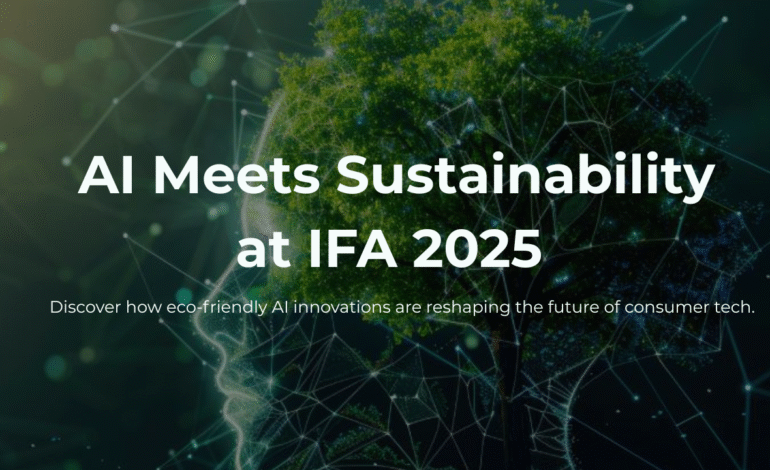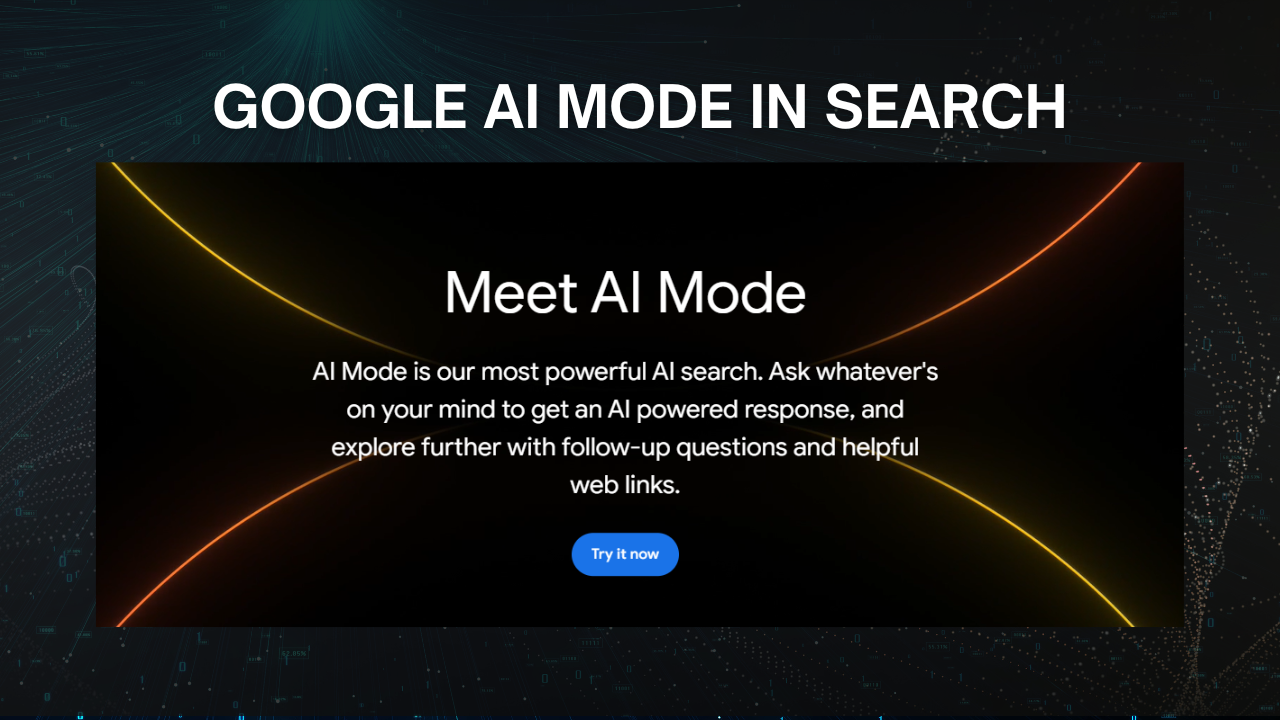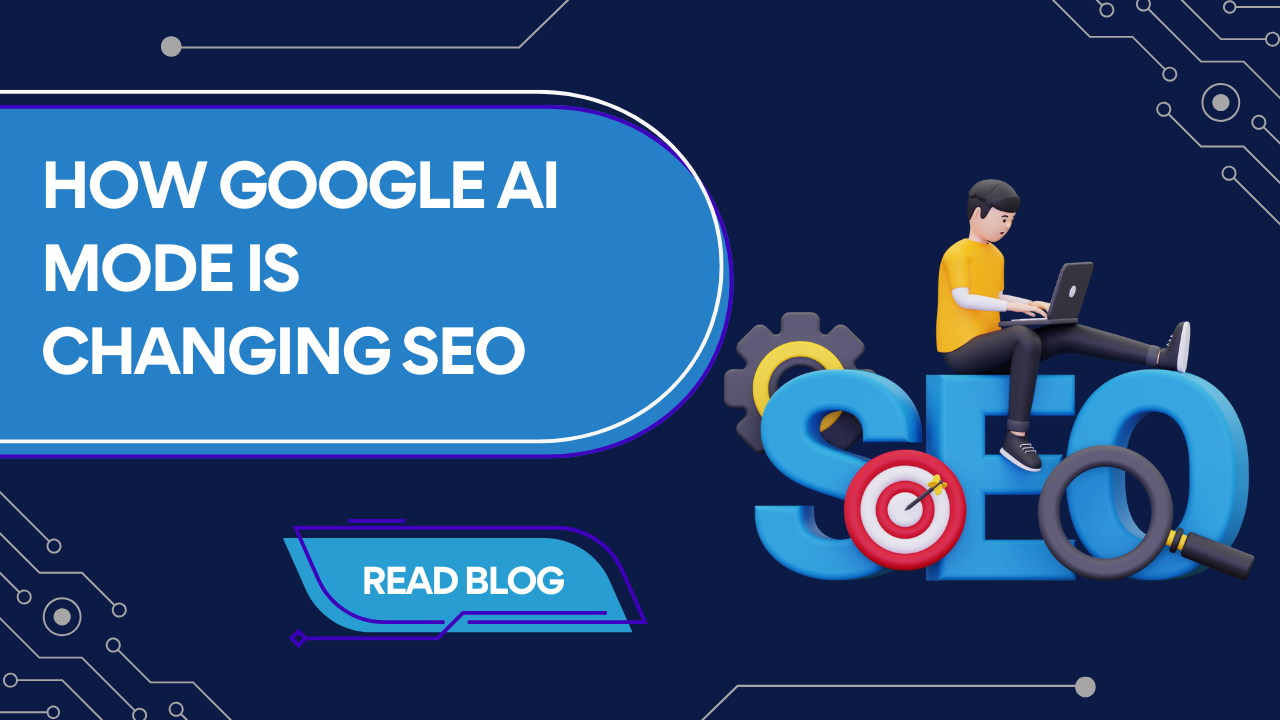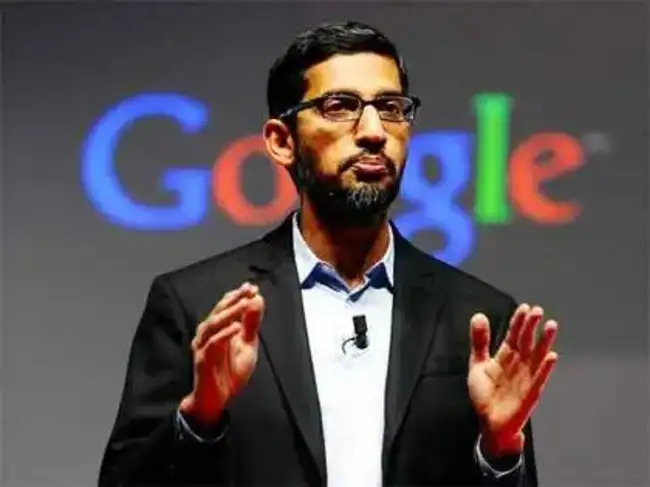Introduction
Artificial Intelligence (AI) is no longer just about making machines smarter—it is about reshaping the way we live, work, and interact with our environment. At the IFA 2025 Tech Fair in Berlin (Sept 5–9, 2025), the spotlight is firmly on how AI and sustainability are coming together to create a greener, more efficient, and eco-conscious future. From AI-driven energy solutions to eco-friendly consumer electronics, the event highlights a powerful shift: technology is no longer just about innovation but about responsibility.
This blog explores how AI and sustainability intersect at IFA 2025, what trends are emerging, the role of businesses and consumers, and how this convergence is shaping the future of global technology.
Why IFA 2025 Matters in the AI & Sustainability Conversation
The Internationale Funkausstellung (IFA) in Berlin is one of the world’s largest consumer electronics and home appliance trade fairs. Each year, it sets the tone for where the global tech industry is headed. In 2025, the theme is crystal clear: AI-powered technology that supports a sustainable future.
The timing couldn’t be better. Global concerns about climate change, energy consumption, and electronic waste (e-waste) are mounting. Governments, corporations, and consumers are all demanding smarter, greener solutions—and AI is emerging as a key enabler.
Some big reasons why IFA 2025 is a turning point:
- Global push for Net Zero 2050 – AI can accelerate renewable energy adoption and optimize energy grids.
- Rising energy costs – AI-based smart devices help reduce energy bills and carbon footprints.
- E-waste crisis – Sustainable AI-powered designs reduce waste and extend product life cycles.
- Consumer demand – Modern consumers want eco-friendly and ethical tech brands.
The Role of AI in Driving Sustainability
1. AI for Energy Efficiency
One of the biggest sustainability challenges today is energy use. AI plays a crucial role in optimizing energy efficiency across industries. At IFA 2025, companies are showcasing:
- Smart home appliances that use AI to learn user behavior and reduce power usage.
- AI-powered HVAC systems that adjust temperature dynamically to save energy.
- Energy optimization in data centers—AI helps reduce the carbon footprint of cloud services.
For example, AI-driven smart grids can balance renewable energy sources like solar and wind with traditional sources, ensuring minimal wastage.
2. Eco-Friendly Consumer Electronics
Consumer electronics are notorious for short lifespans and e-waste. AI is helping address this through:
- Predictive maintenance – Devices alert users before a breakdown, extending lifespan.
- Sustainable design optimization – AI helps engineers design energy-efficient and recyclable products.
- Circular economy models – AI supports refurbishment, resale, and recycling of devices.
IFA 2025 features AI-integrated washing machines, refrigerators, and televisions that are not only smarter but also more energy- and water-efficient.
3. AI in Smart Cities & Mobility
Another hot trend at IFA 2025 is the role of AI in building sustainable cities:
- Smart traffic management systems – reducing congestion and emissions.
- AI-powered public transport optimization – increasing efficiency and lowering carbon impact.
- Green urban planning – AI helps design eco-friendly city layouts, optimizing energy and water use.
In mobility, electric vehicles (EVs) with AI-driven battery management are a strong highlight of IFA 2025. Smarter batteries mean longer life, less waste, and faster adoption of EVs.
4. AI for Climate Research & Monitoring
AI isn’t just about consumer tech—it’s also helping scientists predict and combat climate change:
- AI models for weather forecasting – more accurate predictions of extreme events.
- Monitoring deforestation, pollution, and wildlife using AI-powered satellite imagery.
- Carbon tracking – AI helps businesses monitor and reduce their carbon footprint.
IFA 2025 includes climate tech startups using AI to analyze data for better environmental decision-making.
Key Highlights from IFA 2025
AI-Powered Sustainable Appliances
Major brands like Samsung, LG, and Bosch are unveiling AI-powered home appliances that adjust automatically to save energy. For instance:
- Washing machines that detect fabric type and water hardness.
- Refrigerators that suggest recipes based on leftovers to reduce food waste.
Green AI Chips & Processors
Chipmakers are introducing low-energy AI processors that reduce the carbon footprint of AI training and usage. These chips are designed for maximum efficiency with minimal heat generation.
Wearable Tech for Sustainability
IFA 2025 also showcases AI-driven wearables that track personal carbon footprints, encouraging eco-conscious behavior.
Startups Leading the Way
Young startups at IFA 2025 are showing AI solutions for recycling, energy trading, and sustainable farming—paving the way for niche innovation.
Challenges in Combining AI and Sustainability
While AI promises a greener future, challenges remain:
- AI’s own carbon footprint – Training large AI models requires massive energy.
- E-waste from smart devices – Faster upgrades may still contribute to waste if not handled responsibly.
- Data privacy concerns – Smart devices collecting sustainability data could pose risks.
- Affordability – Eco-friendly AI products may be costly, limiting adoption.
Future Outlook: AI & Sustainability Beyond 2025
Looking ahead, the synergy between AI and sustainability will only grow. Some predictions:
- Green AI will become mainstream – Companies will focus on low-energy AI training.
- Governments will regulate AI’s environmental impact – Policies will require eco-compliance.
- Consumer behavior will shift – Eco-conscious buyers will choose sustainable AI brands.
- Circular economy powered by AI – Recycling and refurbishing electronics will be AI-automated.
IFA 2025 signals that the tech industry is moving from hype to responsibility.
Conclusion
The IFA 2025 Tech Fair demonstrates that the future of technology is not just about innovation but also about sustainability. With AI at its core, companies are showcasing eco-friendly, smart, and responsible solutions that can transform homes, cities, and even the planet.
From AI-powered appliances and smart cities to climate monitoring and green processors, IFA 2025 is a blueprint for how AI can drive sustainability forward.
As the world races toward a greener future, one thing is clear: AI is not just shaping our digital lives—it’s shaping the very planet we live on.







